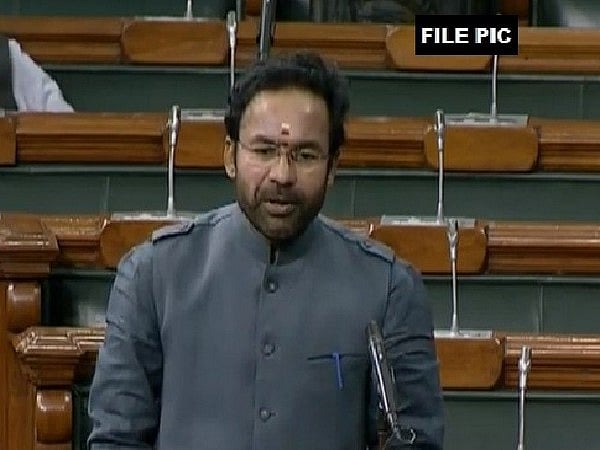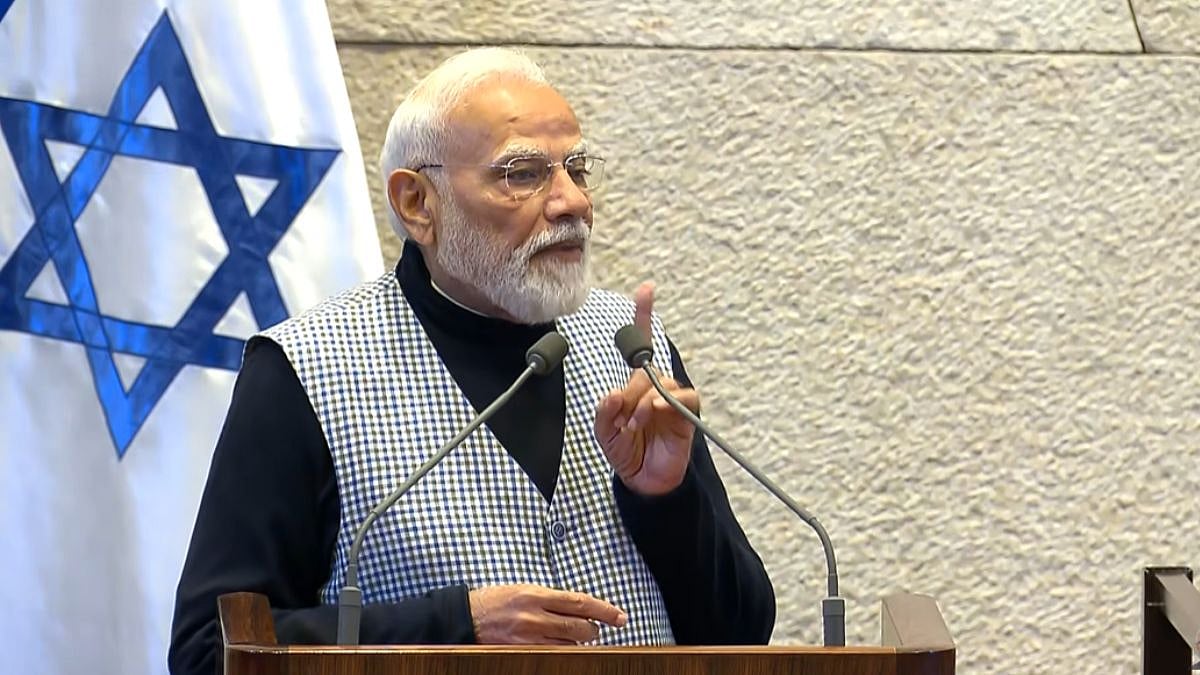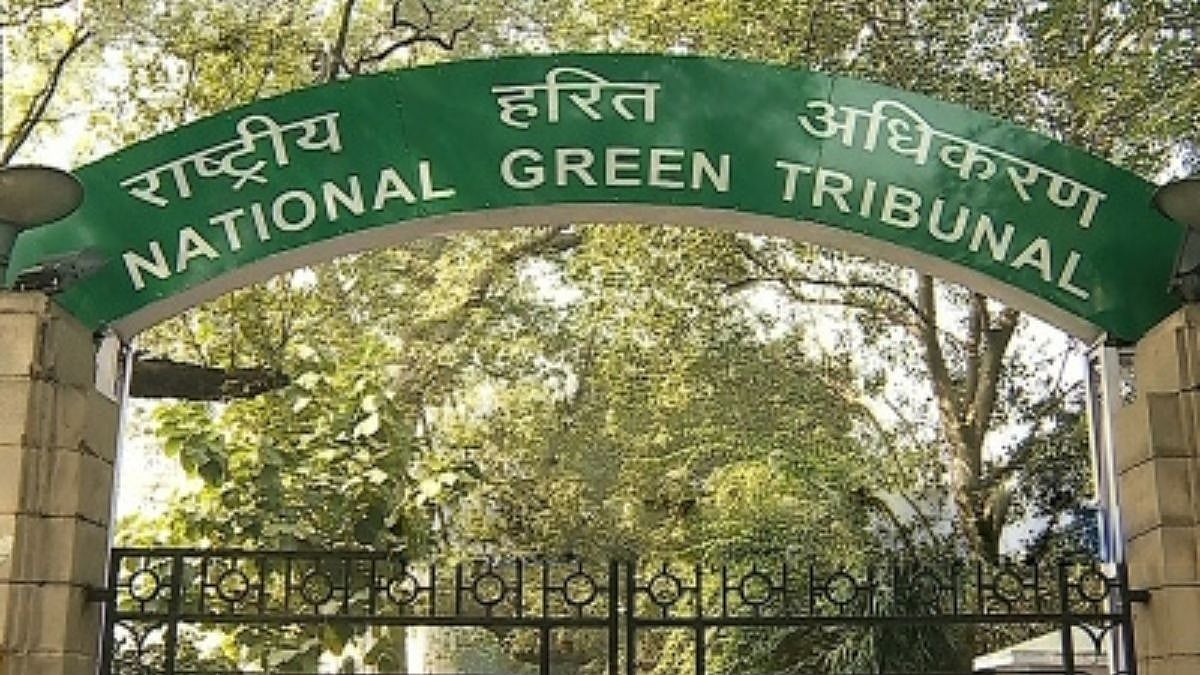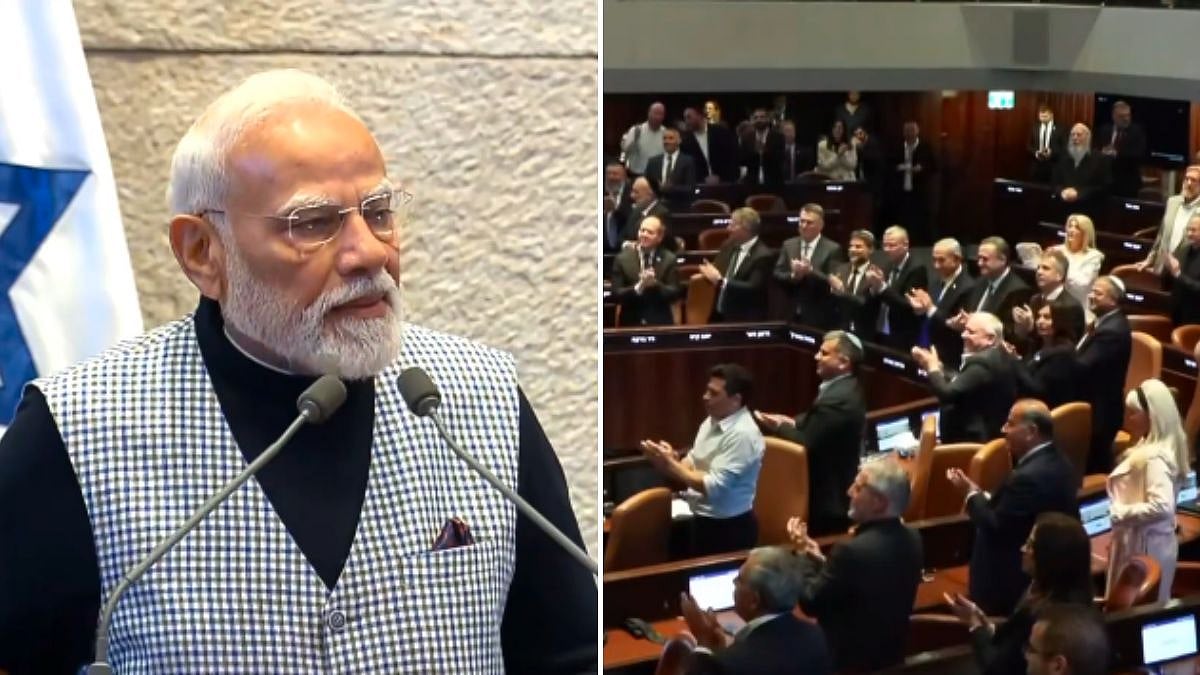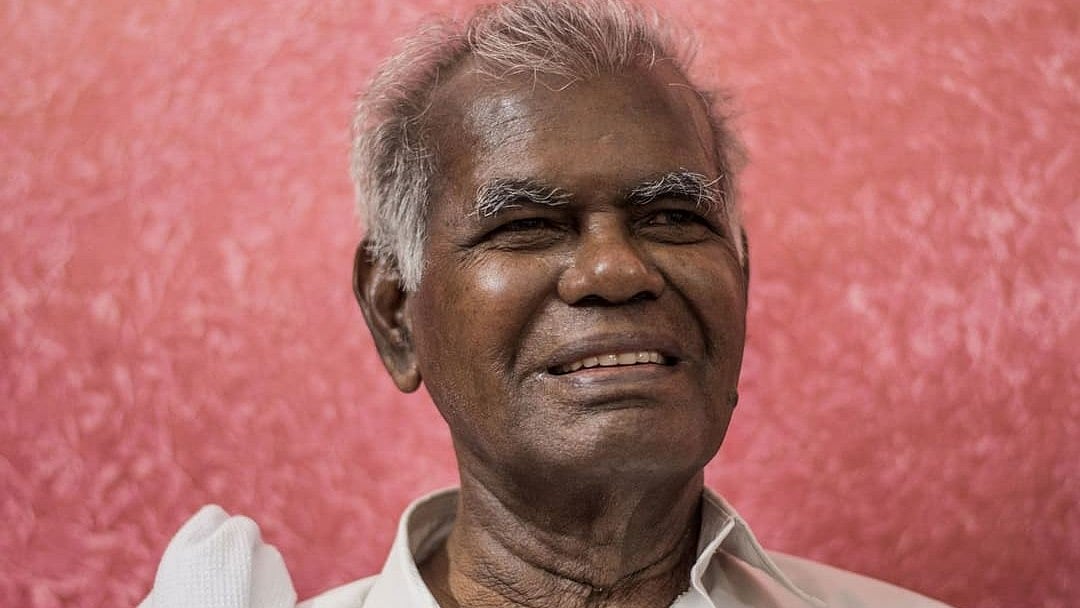After the constitutional changes and reorganisation of the erstwhile state of Jammu and Kashmir, the union territory has been fully integrated into India's mainstream and 3-tier system of grassroots level democracy has now been established there after Panchayati Raj elections, the Centre told Parliament on Wednesday.
Union Minister of State for Home G. Kishan Reddy shared the information in the Rajya Sabha in a written reply to a query.
"Both J&K and Ladakh union territories are now fully integrated into the mainstream of the nation. As a result, all the rights enshrined in the constitution of India and benefits of all the Central laws that were being enjoyed by other citizens of the country are now available to the people of J&K and Ladakh."
The Minister said the change has brought about socio-economic development in both the new union territories -- Jammu and Kashmir, and Ladakh.
Empowerment of people, removal of unjust laws, bringing in equity and fairness to those discriminated against since ages who are now getting their due along with comprehensive development are few of the important changes that are ushering both the new UTs towards the path of peace and progress, Reddy further said.
Referring to the recent Panchayat level and Block level elections in the UTS, the Minister said the three-tier system of grassroots level democracy has now been established in Jammu and Kashmir.
"With the conduct of elections of the Panchayat Raj institutions such as Panches and Sarpanches, Block Development Councils and District Development Councils, the 3-tier system of grassroots level democracy has now been established in Jammu and Kashmir."
On August 5, 2019, the Central government revoked the special status, or limited autonomy, granted under Article 370 of the Indian Constitution to Jammu and Kashmir and at the same time, a reorganisation Act was also passed reconstituting the state into two UTs -- Jammu and Kashmir and Ladakh. The reorganisation took effect from October 31, 2019.
The government had also amended the Jammu and Kashmir Panchayati Raj Act to provide for setting up of District Development Councils in each district which will have directly elected members, marking the implementation of the entire 73rd Constitutional Amendment in the union territory.
By-elections to vacant Panchayat and municipal seats were held simultaneously in Jammu and Kashmir -- first-phase polling on November 28 last year and the last phase of polling on December 19. The counting of votes was organised on December 22.
--IANS
rak/dpb
(402 Words)
03021527
NNNN
TAKE
